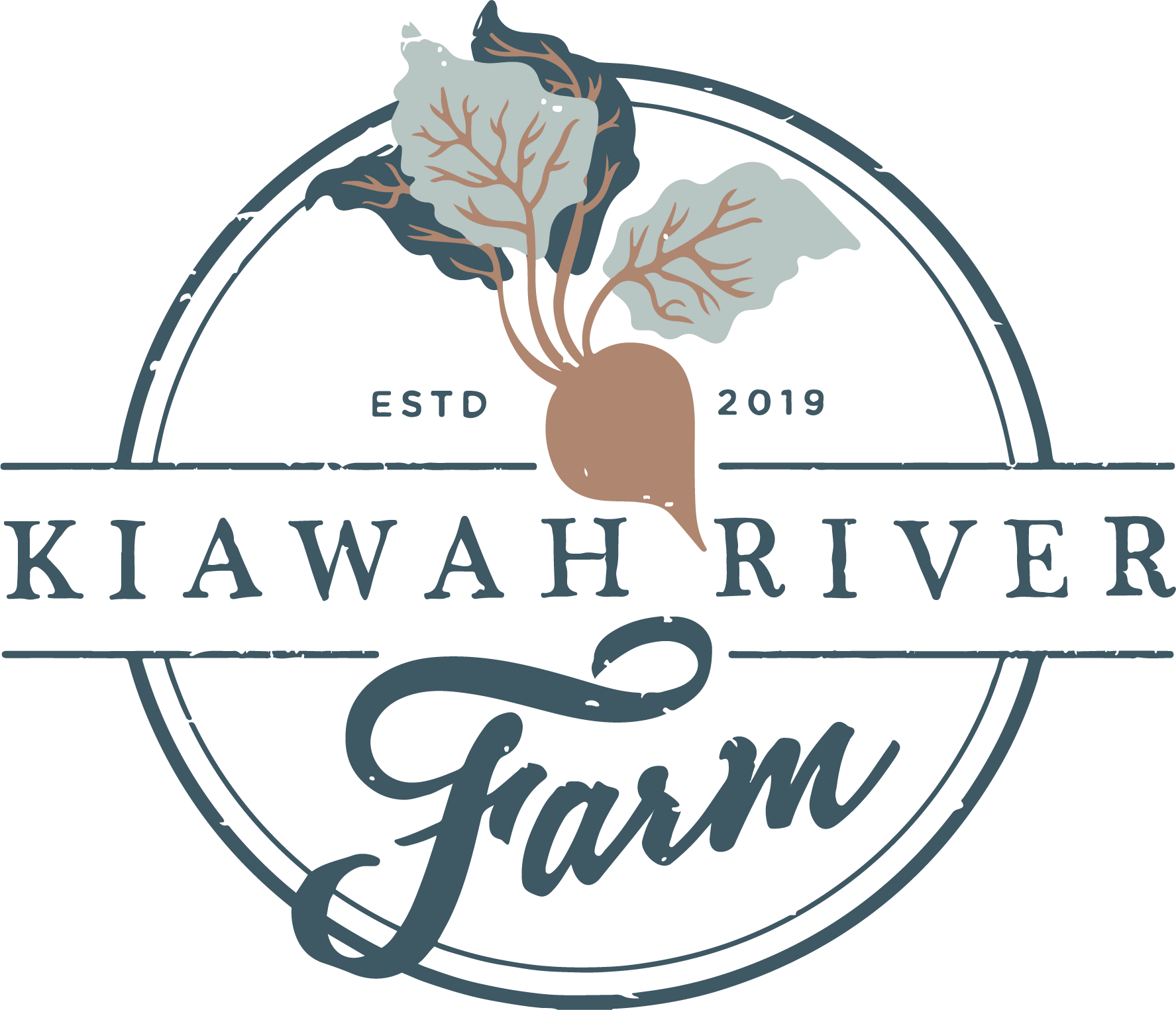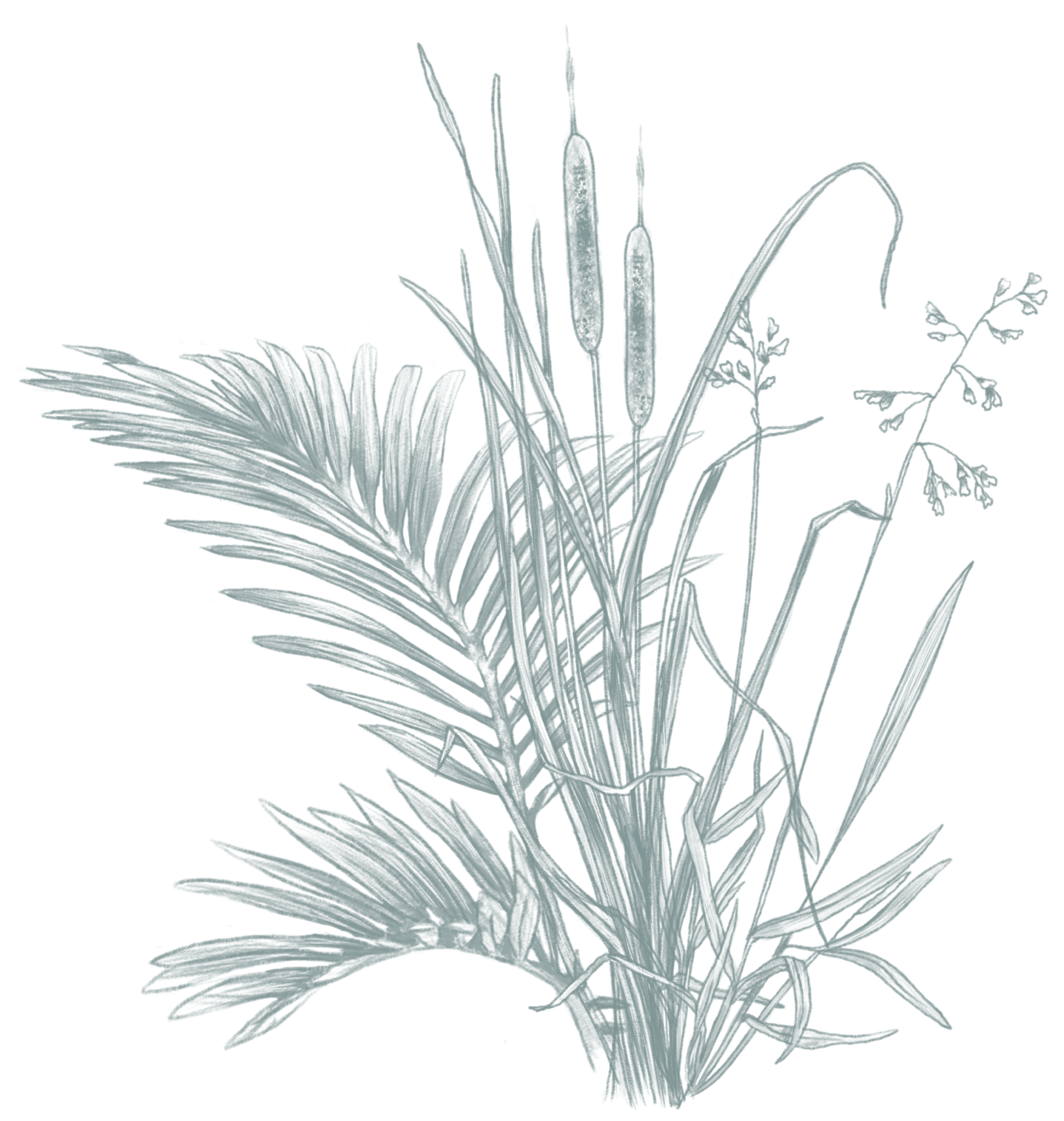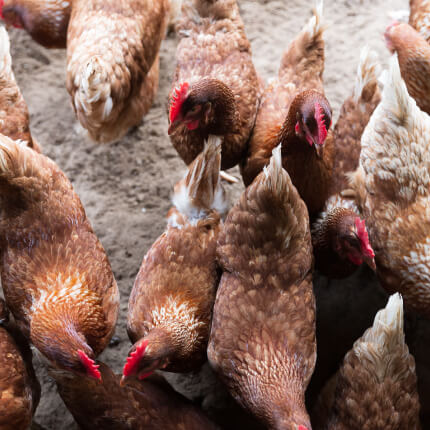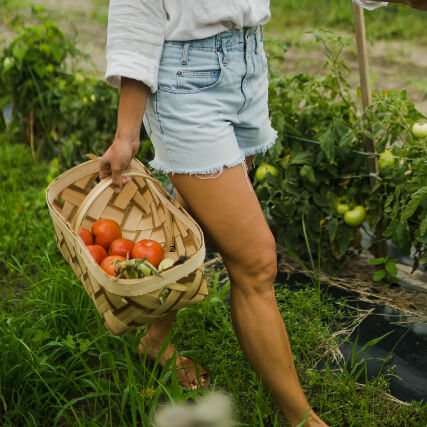explore
Kiawah River Farm —
Charleston's first Agrihood
Life is sweet at Kiawah River, and it tastes even sweeter with the bounty of fresh flavors growing at Kiawah River Farm. We foster farm-to-table living in a cooperative environment working in partnership with local Johns Island farmers complete with goats, beef cattle, chickens, bees, produce and flower fields. By providing tillable acres in partnership with neighboring farms, Kiawah River is creating cooperative ways to foster connections between residents and local growers and producers and preserve the sea islands' tradition and history, including its agricultural past.

Our CSA Program
Residents of Kiawah River are eligible to participate in Kiawah River Farm’s Community Shared Agriculture (CSA) program. The CSA offers a subscription to receive weekly deliveries from the harvests of our community farmers.
Community Shared Agriculture


